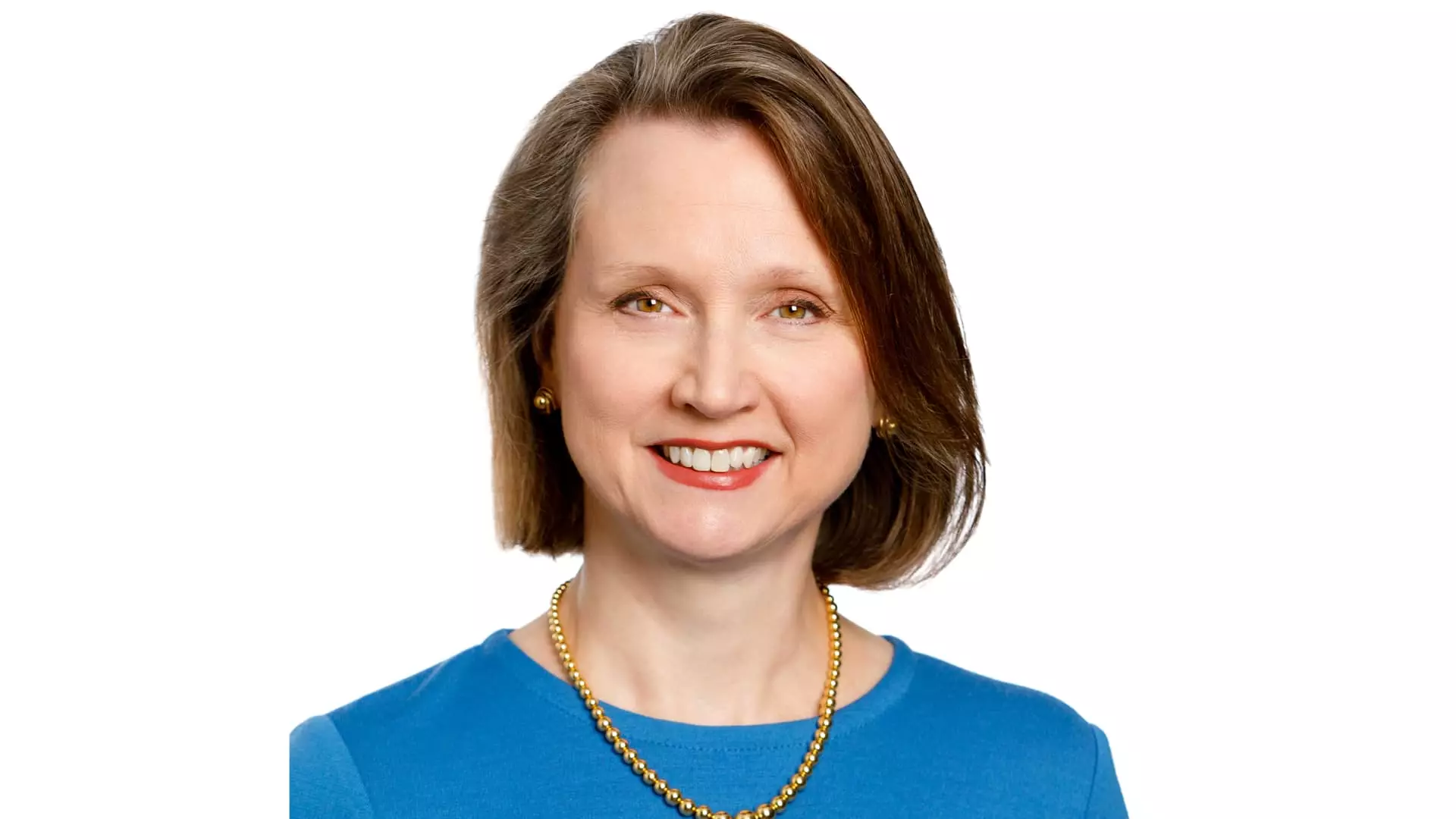Kathryn Glass’s ascent in the financial world is a breathtaking tale of unexpected turns and profound transformation. Initially immersed in Japanese literature, with degrees from the University of Pittsburgh and Cornell University, she embarked on an academic journey that distinctly veered off the traditional track. Glass’s decision to abandon her PhD ambitions in favor of an internship at Federated Hermes marks the first pivotal moment in her story. This shift not only resurrected her connection to her Pittsburgh roots but also initiated her romance with finance. Her early experiences with language skills and numbers provided a unique perspective that proved invaluable in her career.
As Glass transitioned from education to finance, her decisions reflect a wider narrative about adaptability in professional paths. Instead of sticking rigidly to a singular discipline, her broad educational background invites scrutiny about how diverse experiences can enhance one’s performance in specialized fields. For upcoming professionals, her journey serves as a testament that one’s initial career aspirations may blossom into something altogether different—sometimes, for the better.
Leadership Amidst Market Uncertainty
Now, as co-head of Federated Hermes’ high-yield fixed-income group, Glass possesses a hefty portfolio that oversees approximately $13 billion. This isn’t just a title; it’s a challenge. In a market described as potentially overpriced, Glass’s prudent approach stands out. Utilizing a bottom-up analytical style that echoes small-cap equities analysis, her strategy circles around understanding individual companies rather than a vague reading of larger economic indicators. It’s a perspective that requires a commitment to intense research and relationships, allowing her to assess management priorities critically.
Glass’s approach serves as a robust counter-narrative to the prevalent short-term thinking in investment circles. Her philosophy that “the gray parts of this business” are where professionals can truly excel is not just insightful; it highlights the emotive side of finance— the human element that’s often neglected amidst data-driven decision-making. This observation is both a corrective to prevailing investment methods and an endorsement of a more nuanced, relational approach to finance.
Challenges in High-Yield Markets
In her current role, Glass faces formidable challenges—the kind that require an acute sense of timing and risk assessment. Current market conditions have led her to adopt a cautious positioning, carefully analyzing spread tightness, which indicates the premium that junk bonds command over government Treasury securities. While some might revel in the optimistic economic signals, Glass’s prudent caution challenges the often-blind exuberance that can lead to disastrous investment decisions.
In an economy that appears to be forever expanding, her warning—“we are priced to perfection”—resonates. It smartly veers away from unrealistic optimism to a more subdued recognition that markets are prone to volatility. Recognizing that high-yield sectors can resemble a precarious house of cards, Glass’s foresight into potential economic corrections places her in a category of leaders advocating for strategic conservatism. It emphasizes the importance of not merely following the market’s momentum but critiquing it as well.
A Trail of Innovation in Investment Strategy
Under her leadership, the Federated Hermes Institutional High Yield Bond Fund (FIHAX) has garnered accolades from trusted sources like Morningstar, a reflection of both her team’s skill and Glass’s management acumen. The mutual fund, with a stellar yield and a highly respected team, exemplifies how innovative, yet responsible investment strategies can yield positive results. Glass actively seeks out lower-spread names that, while still categorized within the high-yield sphere, are indicative of more prudent investment strategies.
Her departure from relying on bank loans and cash as strategic instruments represents a paradigm shift in high-yield investment practices. It steers away from the typical reactionary tactics common in times of market uncertainty—essentially illustrating a philosophy rooted in research rather than speculation. Such a strategy not only speaks to expertise but also enhances credibility in a field that often appears chaotic.
The Importance of Proactive Positioning
For Glass, the act of preparing for market volatility is not simply reactive; it is a proactive stance towards investment management. Her caution signifies an understanding of market psychology—recognizing that the real risk isn’t just about market drops, but rather being caught unprepared when they happen. This aspect shines particularly bright as she advocates for being strategically positioned to capitalize on future opportunities.
Her assertion that “better to be positioned more cautiously” emphasizes not just risk aversion, but a plan. It introduces an idea that is often glossed over in high-stakes investment: the finesse in defensive strategy can yield higher rewards in the long run. This perspective could hold valuable lessons for investors at all levels, urging a careful balance between risk and reward rather than reckless ambition.
Kathryn Glass is not just a figure in finance; she is a beacon of progressive thought in an often-stagnant industry. Through her methods and philosophies, she teaches that personal evolution and shrewd investment strategies can harmoniously coexist, fostering an environment where smart analysis trumps mere enthusiasm.

